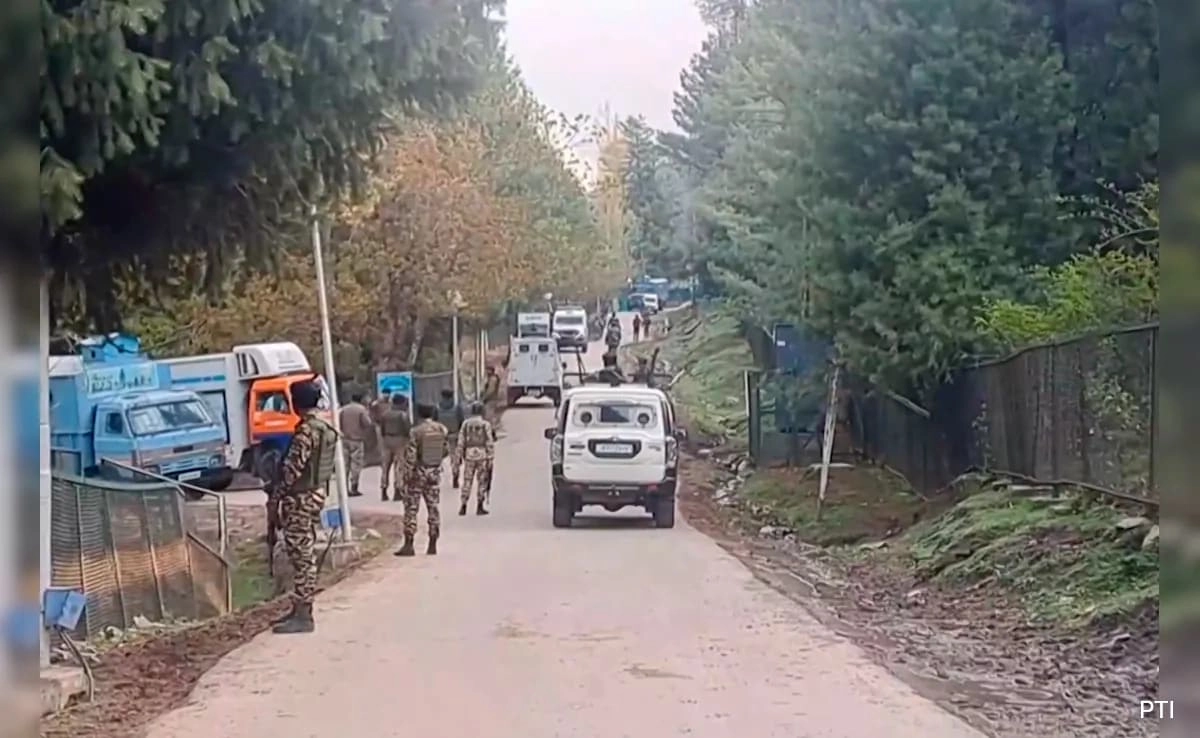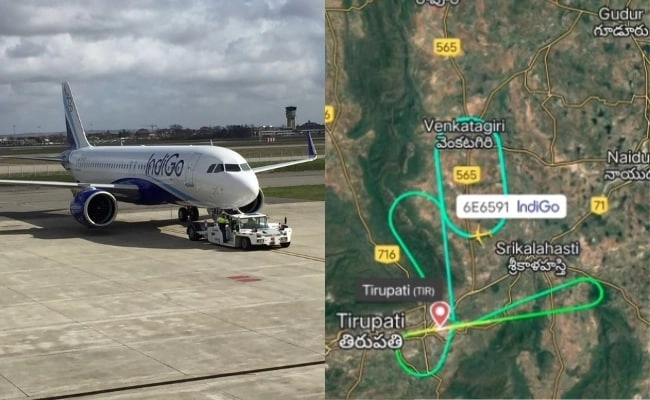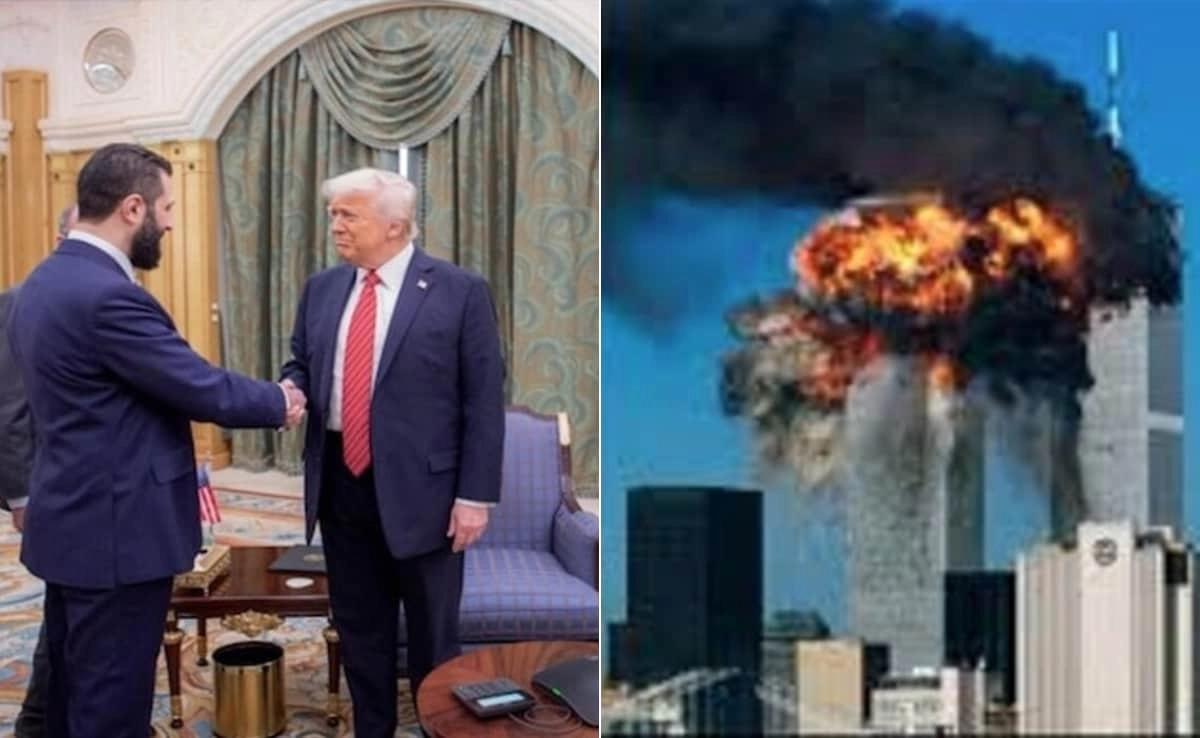In a significant development, authorities have arrested 25 individuals, including a student, retired teachers, and a lawyer, for allegedly making incendiary remarks concerning the recent attacks in Jammu and Kashmir. This operation underscores the government’s stringent measures to maintain public order and prevent the spread of inflammatory rhetoric that could exacerbate tensions in the region. The arrests were made following a series of complaints lodged by concerned citizens who reported provocative statements on social media and in public forums that could incite unrest.
The arrested individuals represent a cross-section of society, illustrating how the issue transcends age, profession, and social status. Among them, a student who allegedly posted inflammatory content online captured attention, highlighting the role of youth in the unfolding political discourse in the region. Retired teachers, respected members of the community, were also implicated, raising questions about the responsibility of educators in shaping public opinion and the potential consequences of their words. Meanwhile, the involvement of a lawyer brings to light the complexities of free speech and legal boundaries within the context of national security.
The Jammu and Kashmir region has historically been a flashpoint for conflict, and recent events have heightened sensitivities surrounding the discourse on security and nationalism. Authorities are increasingly vigilant against any speech that could be construed as supportive of violence or dissent against the state’s actions. Critics argue that such arrests may stifle legitimate debate and dissent, potentially leading to a chilling effect on free expression. However, the government maintains that these measures are necessary to preserve peace and prevent the spread of misinformation that could endanger lives.
As the situation unfolds, it raises critical questions about the balance between maintaining public order and safeguarding individual freedoms. The arrests serve as a reminder of the delicate nature of discourse in politically charged environments, particularly in areas like Jammu and Kashmir, where the stakes are inherently high. Observers will be closely monitoring how this incident influences public sentiment and the broader dialogue surrounding issues of security, nationalism, and the role of civil society in shaping political narratives.




